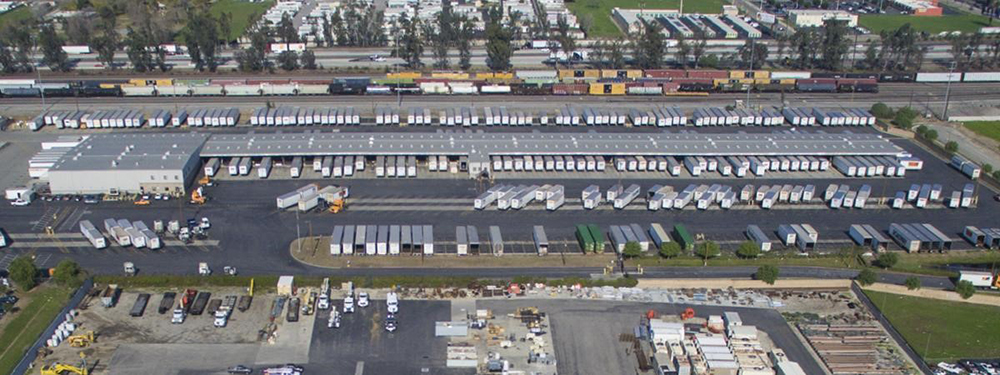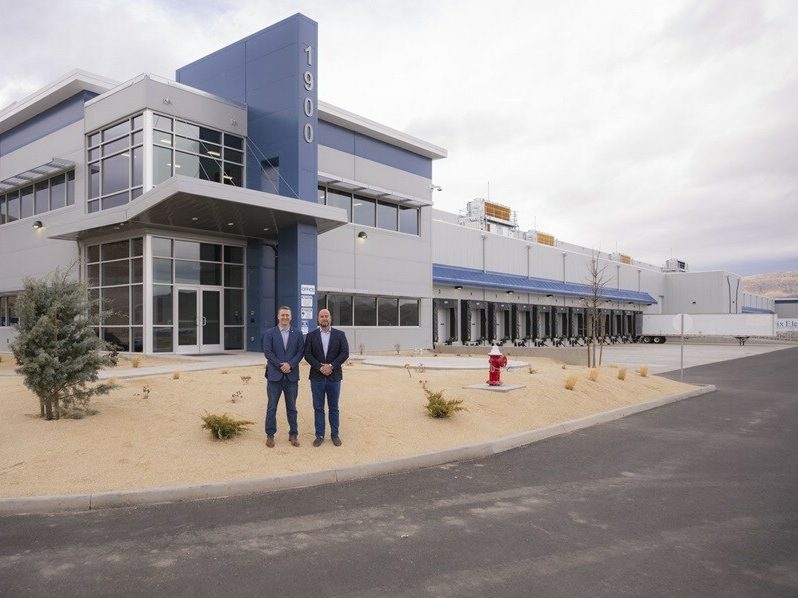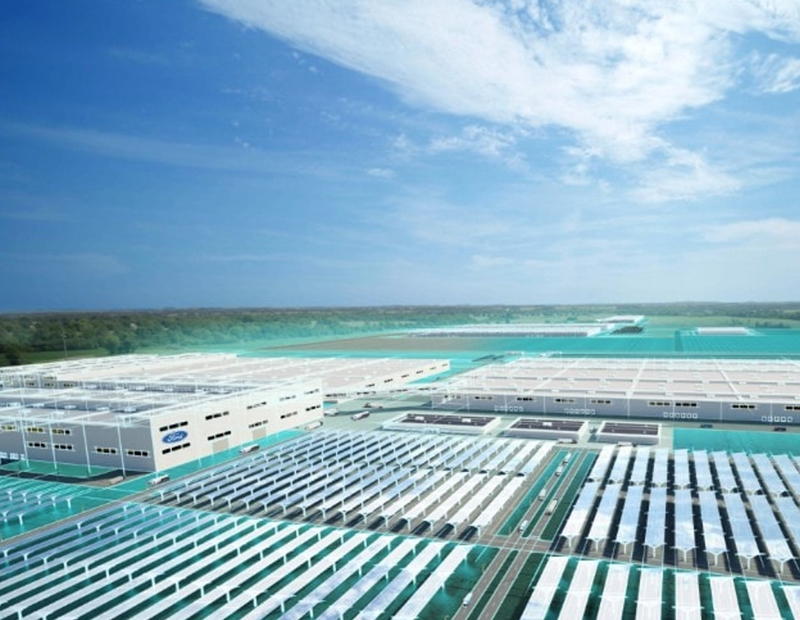Realterm Closes Latest Fund at $370M
The company’s 10th fund will invest in high flow-through logistics properties across the U.S.
Realterm, of Annapolis, Md., has reached the final close of its Realterm Logistics Fund III at the fund’s hard cap of $370 million. Realterm reported that RLF III, the 10th fund raised by the company, was oversubscribed on the strength of investor demand. Like its predecessor funds, RLF III is a closed-end, value-add fund that invests in high flow-through (HFT) logistics real estate across the U.S.
READ ALSO: CapRock Closes Second Funding Round With $180M
Such assets are strategically located in and around major population centers and primary distribution hubs and along major freight corridors. HFT property types include cross-dock truck terminals, transload and related trans-shipment, air cargo, parcel sortation and final-mile delivery facilities.
Realterm Managing Director Peter Lesburg told Commercial Property Executive that the fund investors are a mix of public and corporate pension plans, endowments and foundations, insurance companies and family offices.
In a prepared statement, Realterm CEO Bob Fordi said he expects the COVID-19 pandemic to accelerate the ongoing shift to direct-to-consumer delivery.
Space and labor
Just last month, Realterm closed Realterm Europe Logistics Fund at $109.3 million (€100 million); it was their ninth fund in all and their first value-add fund in Europe. The fund had also made its first acquisition, a 107,600-square-foot facility in Brussels that’s fully leased to DHL.
Realterm manages more than $5.6 billion in assets across five logistics-oriented real estate fund series, including one specializing in airport logistics real estate throughout North America and one focused on warehouse and logistics real estate throughout India’s top industrial markets.
The logistics sector in Europe is benefitting from economic growth across the continent and the structural shift toward internet retailing, according to a (pre-pandemic) 2020 EMEA forecast from CBRE. Along with other factors, however, labor availability can be a constraint on location preferences.
“We expect greater collaboration between city authorities and logistics operators to tackle urban logistics and the last leg of supply chains,” CBRE stated. “Cooperative hubs for environmentally-friendly delivery vehicles will be encouraged by local authorities. Challenges regarding cold storage space will emerge across Europe, as demand confronts old stock not fit to support the expansion of online groceries.”








You must be logged in to post a comment.